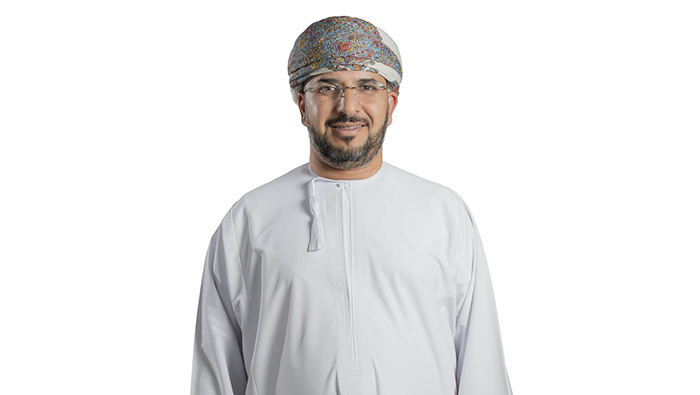Raysut Cement Company has recently launched an initiative to recycle industrial waste for use as green fuel in cement production and electricity generation. This initiative aligns with Oman’s goal of achieving net-zero emissions by 2050 and supports government efforts to reduce carbon emissions. The company has introduced new technologies in its factories in Oman and abroad to recycle industrial waste, reducing reliance on gas and enhancing resource efficiency.
Dr. Hilal bin Saif Al-Dhamri, Acting CEO of Raysut Cement, explained that the company utilizes secondary industrial materials from various industries, such as waste from the Sohar aluminum smelter, marble and granite industries, oil well drilling, and the Sohar oil refinery, for recycling. These materials are categorized into two types: one is used as an alternative fuel in factories, and the other is used as a partial replacement for the main raw materials used in cement production. The implementation of this recycling program has led to a significant reduction in carbon dioxide emissions and an increase in clean energy production for operations.
Under the leadership of Dr. Hilal, Raysut Cement has successfully implemented projects to reuse hot air emissions and convert them into electrical energy at the Salalah factory. This innovative approach has enabled the plant to generate around 30% of its electrical energy, resulting in a reduction of approximately 50,000 tons of carbon dioxide annually. The program has also improved the efficiency of the Salalah factory by reducing clinker content and enhancing the performance of cement in concrete, leading to an 18% reduction in carbon dioxide emissions compared to ordinary cement.
Additionally, the industrial waste recycling program has contributed to the enhancement of production efficiency at the Sohar Cement factory, which is owned by the Raysut Cement Group. Daily production at the factory has increased from 2,000 tons to 5,000 tons, with a notable reduction in electricity consumption. The Pioneer Cement factory in the UAE, a subsidiary of Raysut Cement Group, has also achieved a 20% increase in efficiency after adopting an alternative fuel scheme. Dr. Hilal highlighted the success of these initiatives and mentioned that the company is exploring other projects in collaboration with relevant government authorities, such as recycling household and municipal waste for use as an alternative fuel to gas.
Dr. Hilal bin Saif Al-Dhamri, the visionary behind Raysut Cement’s environmental initiatives, is recognized as an expert in the field of circular economy in Oman. He has a track record of scientific achievements in recycling industrial waste for cement manufacturing and promoting industrial integration between the cement industry and other sectors such as oil well drilling, oil refineries, and aluminum smelters. Through his leadership, Raysut Cement has made significant strides towards sustainability and reducing carbon emissions, setting an example for the industry to follow.










